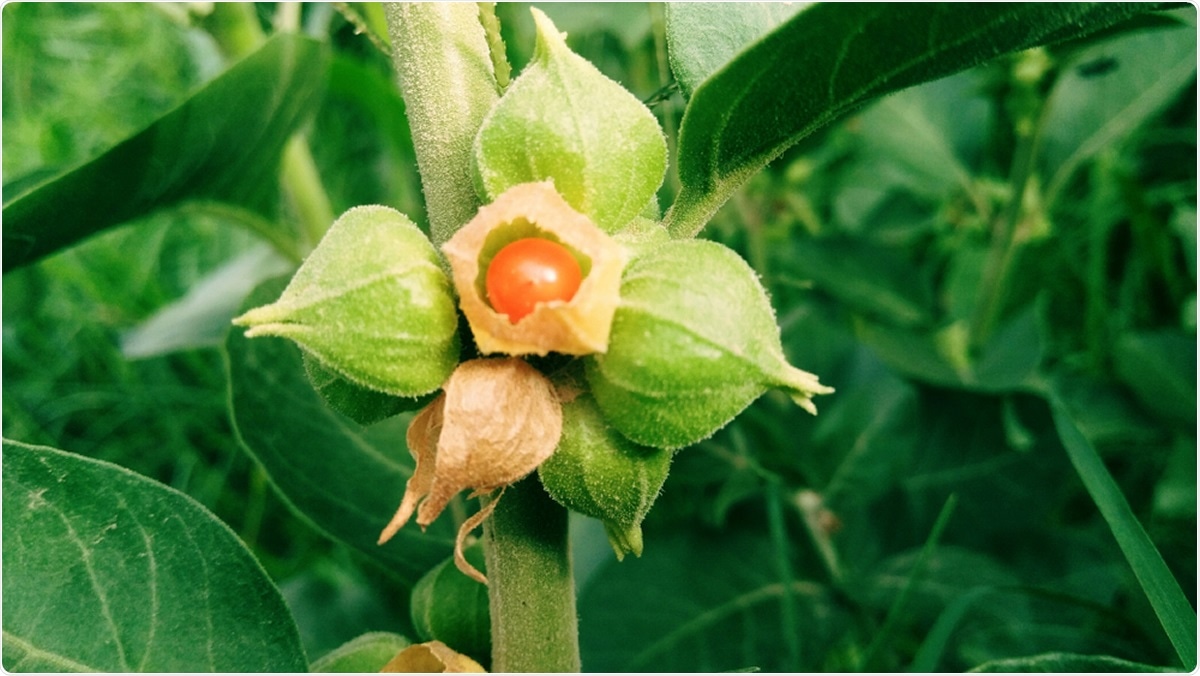Researchers in China and the United States have called for more research into the potential prophylactic effects of natural products and herbal medicines on severe acute respiratory syndrome coronavirus 2 (SARS-CoV-2) infection and subsequent coronavirus disease 2019 (COVID-19).
"In this review, we aimed to provide a new perspective regarding COVID-19 prevention," writes Jia-xu Chen from Jinan University in Guangzhou, and colleagues from the University of Houston, and the University of California.
The researchers suggest that while the world awaits effective treatments and a commercially available vaccine, the repurposing of natural products and herbal medicines as prophylactics represents a promising approach to at least slow the transmission of SARS-CoV-2.
"In the interest of public health, this will lend health officials better control on the current pandemic," they say.
No effective vaccines or therapies are available
Since the COVID-19 outbreak first began in Wuhan, China, late last year (2019), the pandemic has swept the globe, devastating public health, and the worldwide economy.
COVID-19 is caused by the betacoronavirus SARS-CoV-2, which initiates infection using a surface structure called the spike protein that binds to and fuses with target host cells.
Although several vaccine candidates are under evaluation in clinical trials, not one has yet been approved for use, and their long-term effectiveness is uncertain.
Besides vaccine development, intense efforts have also been focused on finding effective prophylactics against COVID-19 among high-risk populations. Still, few studies have provided evidence of satisfactory outcomes, say Chen and colleagues.
"Since the outcome of current therapeutics in severe/critical COVID-19 patients are still debatable, prevention rather than treatment becomes more important to restrain this pandemic," writes the team.
"Blocking the entry of SARS-CoV-2 and suppressing infection at the initial stage is considered a more practical strategy."
Historically, natural products and herbal medicines have been used for the prevention of viral infections and generally show favorable efficacy and acceptable toxicity, say the researchers.
The potential effects of natural products and herbal medicines
Now, Chen and the team have published a review summarizing some recent findings regarding the potential effectiveness of natural products and herbal medicines in the inhibition of SARS-CoV-2 infection.
For example, they discuss compounds derived from natural products that may be effective against the cellular receptor heat shock protein A5 (HSPA5).
Some studies have reported that HSPA5 is recognized by the SARS-CoV-2 spike protein and one 2020 study showed that the phytoestrogens daidzein, genistein, formononetin, and biochanin A have binding affinities with HSPA5.
The researchers say these medicinal, plant-derived compounds may disrupt the attachment of SARS-CoV-2 to host cells (through spike), although their antiviral bioactivity requires further investigation.
The host cell enzyme transmembrane protease serine 2 (TMPRSS2) facilitates the entry of SARS-CoV-2 into host cells. Inhibition of this enzyme blocks the spike protein's ability to fuse with the host cell receptor angiotensin-converting enzyme 2 (ACE2).
Using molecular docking and molecular dynamics simulations, one study conducted earlier this year demonstrated that withanone, a compound that can be isolated from Ashwagandha leaves (Withania somnifera) could bind to the catalytic site of TMPRSS2.

Withania somnifera, known commonly as ashwagandha, Indian ginseng, poison gooseberry, or winter cherry is a plant in the Solanaceae or nightshade family. Image Credit: H By Hem Stock / Shutterstock
That study also confirmed that withanone significantly downregulated TMPRSS2 in the breast cancer cell line MCF-7, thereby pointing to its potential to dampen this enzyme's function.
Many studies are preliminary, but some compounds have entered clinical trials
The researchers say that many of these studies are all still in the preliminary stages and further pre-clinical studies are needed to examine the antiviral effects of the compounds.
"In the meanwhile, a great number of clinical trials have registered to investigate the potentials of natural product to halt disease progression," says the team.
One such trial is investigating the immunomodulatory and antiviral activity of Nigella sativa seed oil among adult patients hospitalized with COVID-19. Another trial is currently recruiting participants to study the effectiveness of vitamin C at reducing mortality among patients.
.jpg)
Nigella sativa. Image Credit: theapflueger / Shutterstock
What do the authors conclude?
"It is undeniable that herbal medicine is still a promising resource for drug discovery, and its acceptable toxicity makes it a prospective prophylactic candidate against COVID-19," write Chen and colleagues.
In the face of this global health crisis, the team says that exploring prophylactics derived from herbal medicine likely represents a promising and practical approach to containing the pandemic.
Natural products and herbal medicine have a long track record in treating respiratory infections and many have been approved as drugs or over-the-counter food additives, say the researchers.
"Moderate dosing of such bioactive compounds may prevent or at least slow down the SARS-CoV-2 infection process," they conclude.